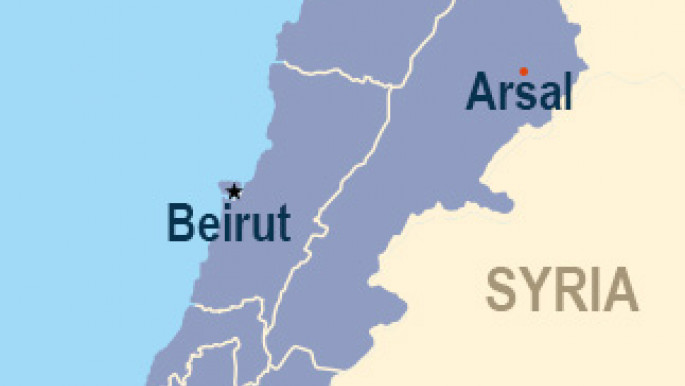How Qatari-mediated deal secured Lebanese soldiers' freedom
The freed servicemen arrived in the afternoon for a reception ceremony at the Grand Serail, the seat of Lebanon's government, after a successful swap near the border town of Arsal Tuesday morning.
They had shaved their beards and donned their military uniforms.
The deal with the Nusra Front marks a new achievement for the head of Lebanon's General Security service (DGSG) Maj. Gen. Abbas Ibrahim and Qatar's mediation.
Ibrahim and the Qatari government worked in the past to secure the release of Turkish citizens kidnapped in Lebanon in return for the release of Lebanese Shia pilgrims kidnapped by rebels near the Syrain town of Azaz.
In a statement issued Tuesday, the Qatari Ministry of Foreign Affairs confirmed its role in mediating the swap.
| Terms of the deal | |
| - Opening a permanent humanitarian corridor between the refugee camps in the Arsal mountains and the town of Arsal proper. - Monthly relief deliveries to refugees in Arsal. - Safe passage for injured civilians whose legal issues had prevented them from entering Arsal. - Settling the legal issues of released detainees. - Upgrading and restocking the Arsal Hospital. - Granting the Wadi Hamid region off Arsal 'safe zone' status. |
"Qatari mediation efforts were in response to a request from the Lebanese government," the statement said.
"The relevant agencies in the State of Qatar undertook extensive efforts to secure the release of the Lebanese soldiers kidnapped from Arsal, in collaboration with the Lebanese DGSG," the statement added.
The Qatari foreign ministry said the success of the mediation is the fruit of Qatar's vision that gives priority to peaceful conflict resolution.
Qatar is known to back a number of Syrian opposition factions in Syria.
The deal
Al-Nusra released sixteen Lebanese soldiers it had held hostage since August 2014, in addition to the body of another the group had executed.
In return, the Lebanese authorities released eight Islamist prisoners.
In addition, Lebanon released five women, including Suja al-Dulaimi, former wife of self-proclaimed caliph and leader of Islamic State (IS) Abu Bakr al-Baghdadi.
 |
|
The terms of the deal also include Lebanon bringing in supplies to Syrian refugees in the mountainous wilderness regions near Arsal, and granting a safe passage to injured rebels to travel to Turkey.
The deal also included releasing a family from Syrian prisons, including a sister of a Nusra commander and her daughters.
They will reportedly leave to Turkey once they obtain passports, according to deputy mayor of Arsal Ahmad al-Faliti, who is one of the mediators.
The majority of detainees released by the authorities want to remain in Lebanese territory, rather than join the rebels in the mountains near Arsal.
Some, like Dualimi, said they wanted to leave to Turkey as soon as their legal issues are settled.
Legal compromise
None of the detainees released by the authorities had received convictions, according to Judge Mohammad Saab.
This made it easier for the government to find a face-saving formula for letting them go.
Indeed, no convicts could have been otherwise released without a presidential pardon.
While the deal puts an end to the plight of kidnapped Lebanese servicemen held by Nusra, other soldiers continue to be held hostage by IS for more than a year now.
There has been virtually no communication with the kidnappers or the hostages since December 2014.
The Syrian armed groups kidnapped the servicemen in a raid on the restive Lebanese border town of Arsal in August 2014, after the Lebanese authorities arrested a Syrian rebel leader.





 Follow the Middle East's top stories in English at The New Arab on Google News
Follow the Middle East's top stories in English at The New Arab on Google News


